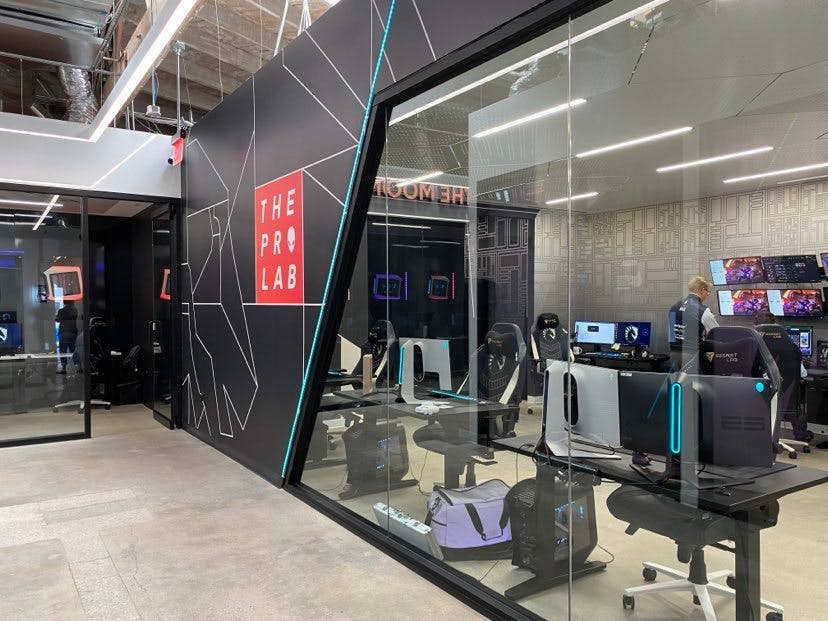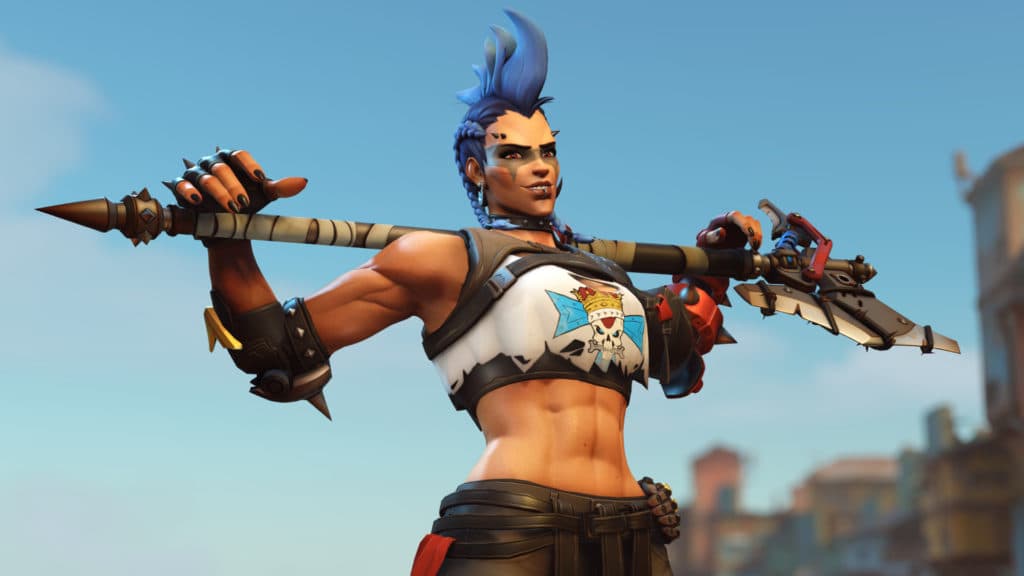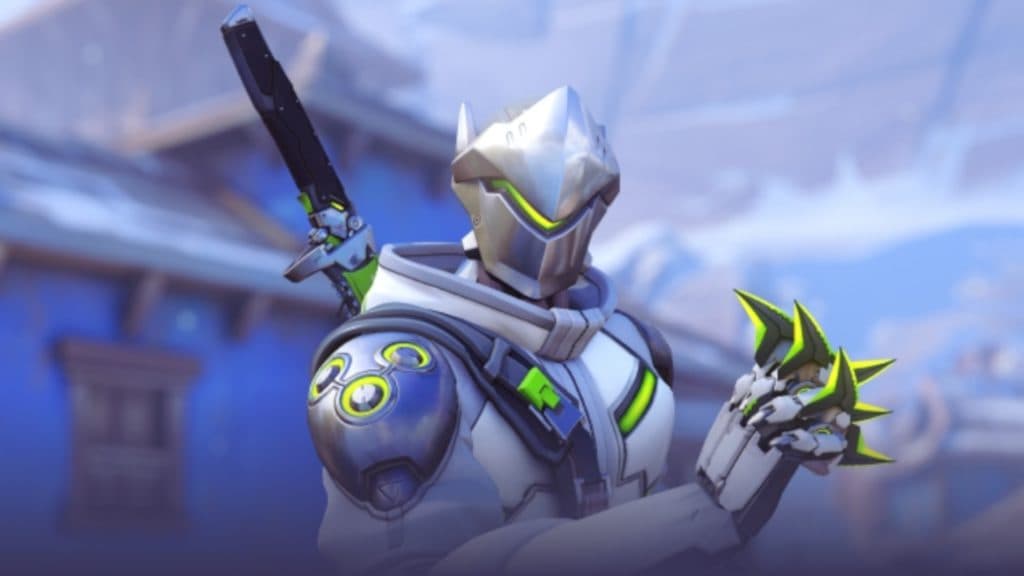A recent study looked into the psychological changes that happen before, during, and after an Overwatch match depending on players’ ranks.
A new study has revealed that Overwatch players' emotions during a match differ based on skill level.
As competitive gaming becomes more and more mainstream, the industry has continued to advance and innovate. One of the most prominent changes within esports organizations is the focus on a player's physical and mental health.
A lot of teams have hired nutritionists and psychologists. And Team Liquid recently unveiled a new program called the Pro Lab, which uses data to analyze a player's performance and well-being. Cognitive studies will help the organization better understand how players perform.

The psychology behind competitive gaming has continued to intrigue people. One of the latest studies, Arousal/Stress Effects of “Overwatch” eSportsGame Competition in Collegiate Gamer, used 32 male gamers between 18 and 32 with Overwatch experience. Players that were in diamond rank or above were considered high skilled. All the participants were "randomly divided" into teams to participate in a match.
Researchers took their salivary measures, focusing on cortisol and testosterone levels before and after the game. Their heart rate was monitored throughout the game.
The results showed that there was a 11.3% decrease in salivary cortisol and a 17.2% increase in salivary testosterone after the game compared to the levels pre-match. Heart rates also increased. But what was even more interesting was the difference in results when organized by skill level.
The study showed that the high skilled players started the game with increased testosterone levels while it increased during the game for lower level players. According to one of the study authors, "stress-related demands and adaptions appeared to occur and are related to game success."

In an interview with PsyPost, one researcher stated: "At first glance, the passive nature of eSport gaming may indicate little or no physiological stress. However, it is clear from this study that even collegiate gamers experience elevation in heart rate and changes in hypo-pituitary-gonadal functions when playing Overwatch in a competitive format.”
The main conclusion from the experiment seemed to be that players at a higher level had higher testosterone levels going into the match. Testosterone is linked to aggression, which may be a physiological adjustment needed to excel in a competitive setting.

Of course, there were many factors at play to keep in mind, however. The laboratory setting isn't how gamers usually play competitive matches. They also didn't take each players' physical health into consideration, something that's still being studied in the industry. Still, the study has helped gamers better understand how to prepare for a game and what makes a player more likely to succeed in a match.